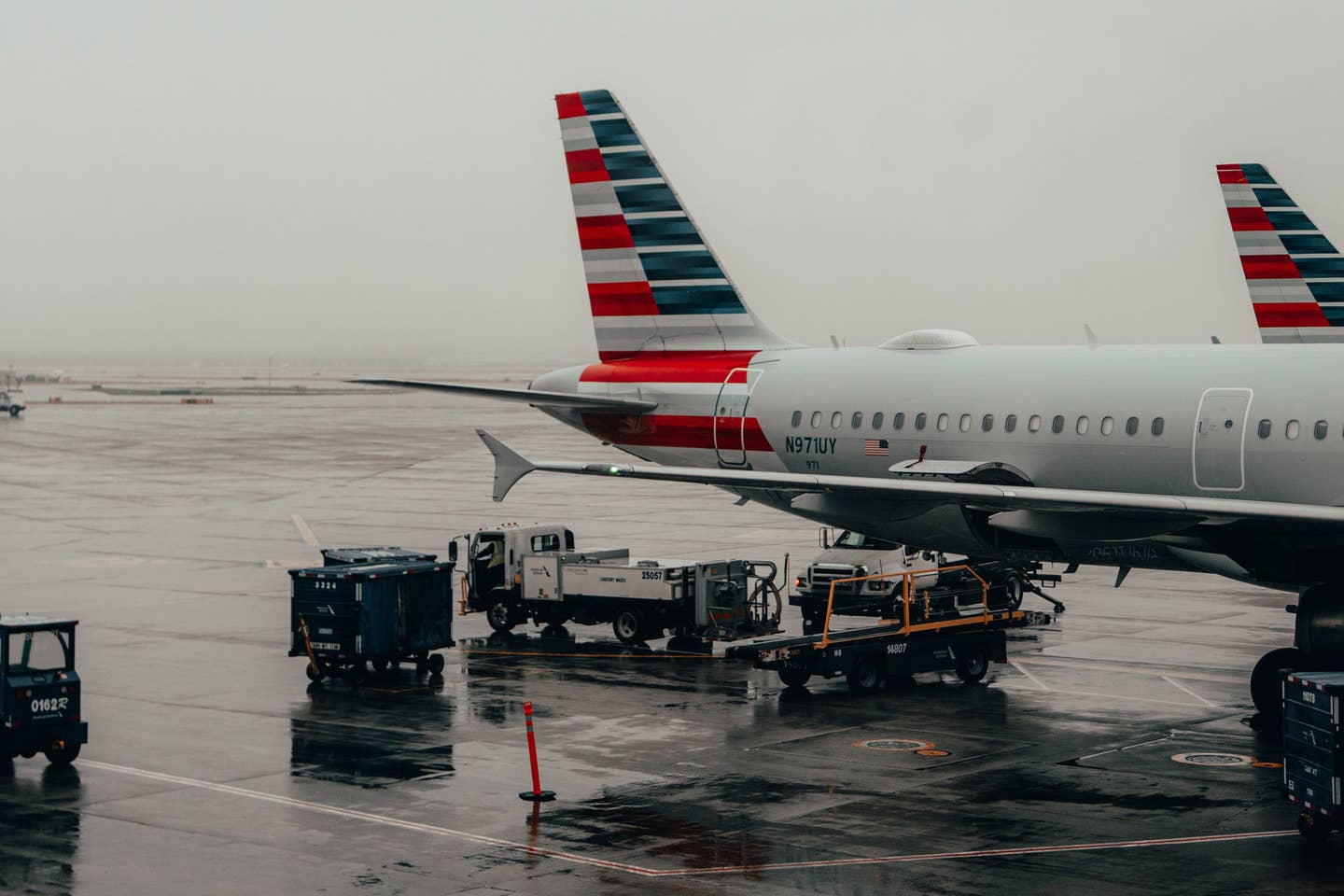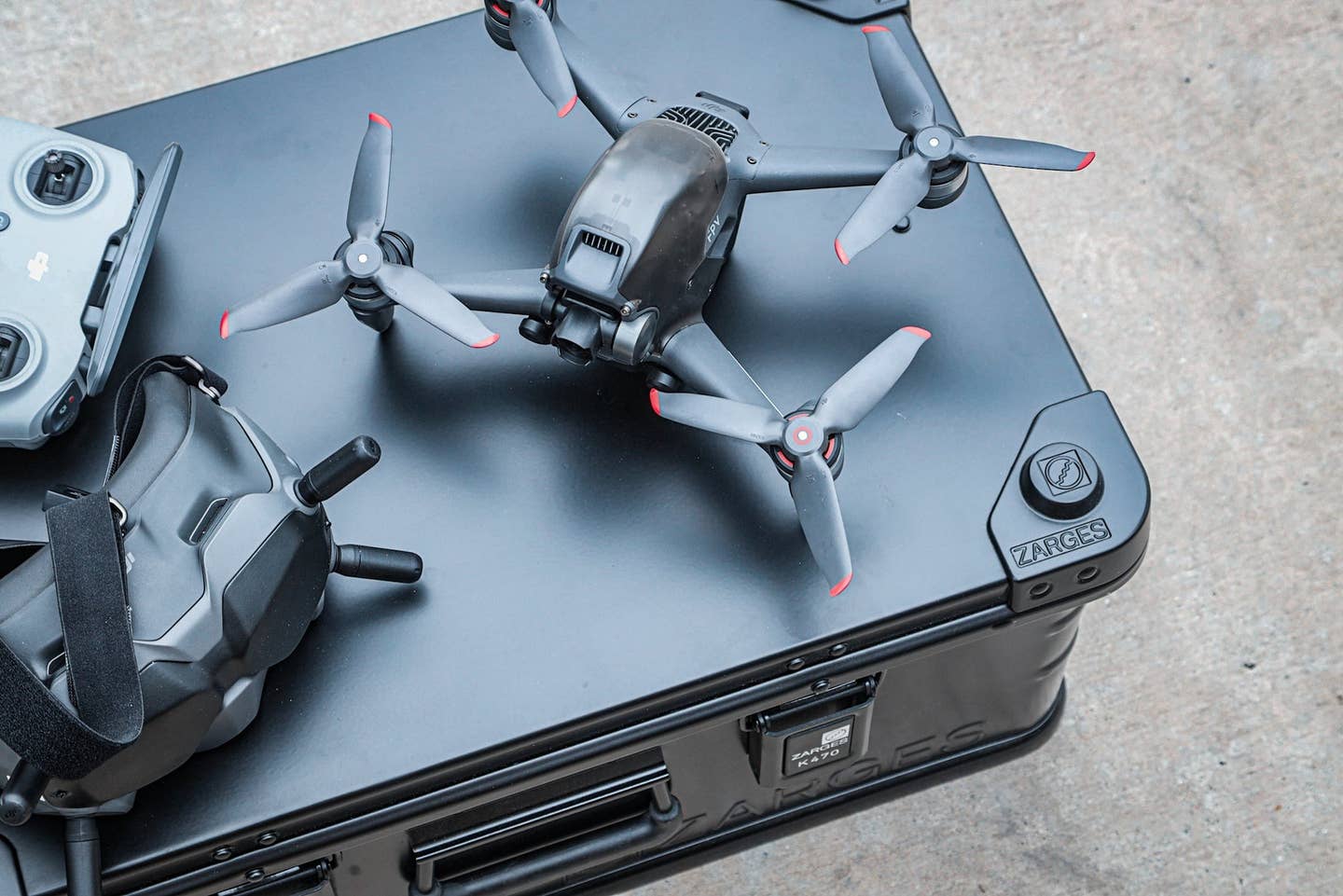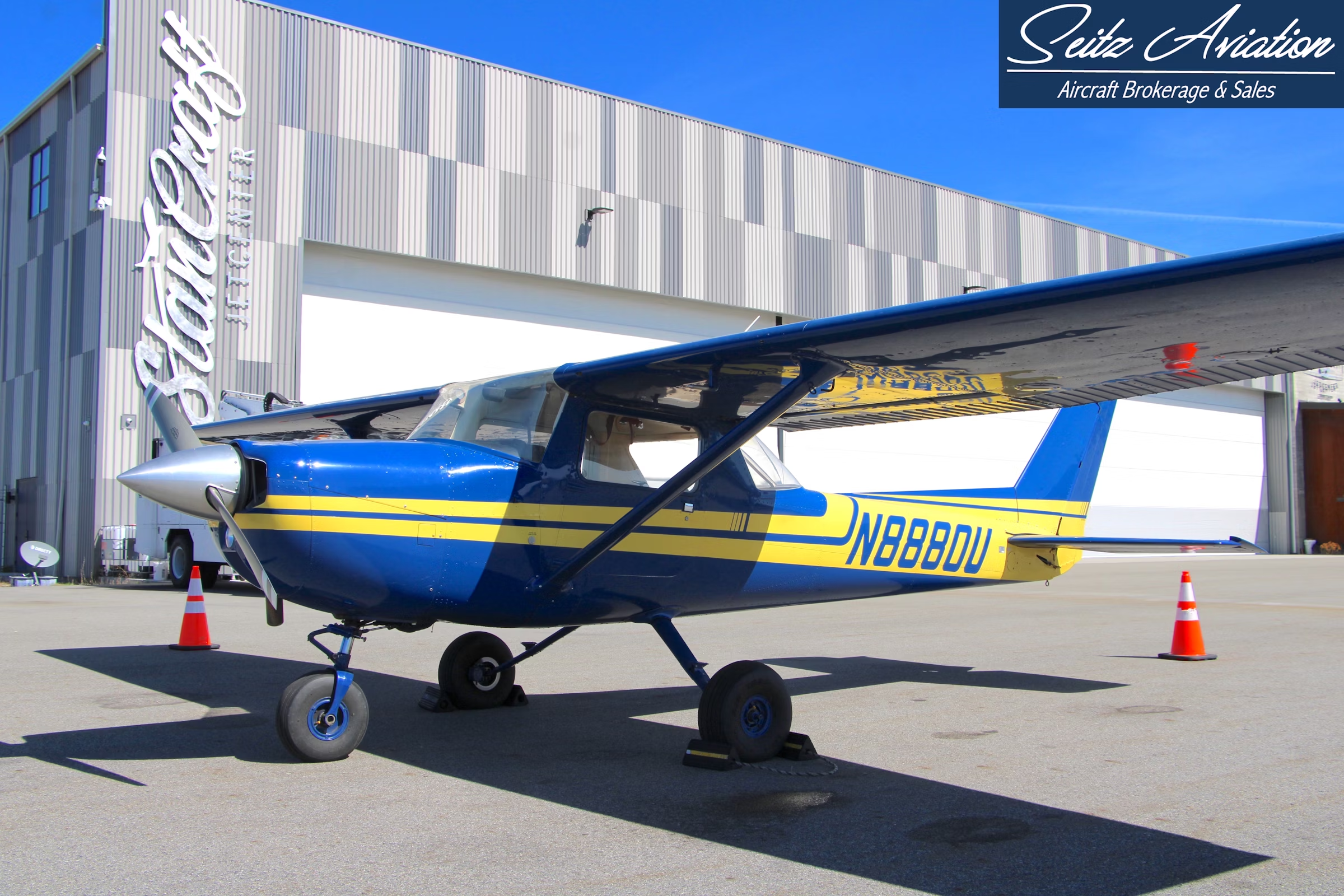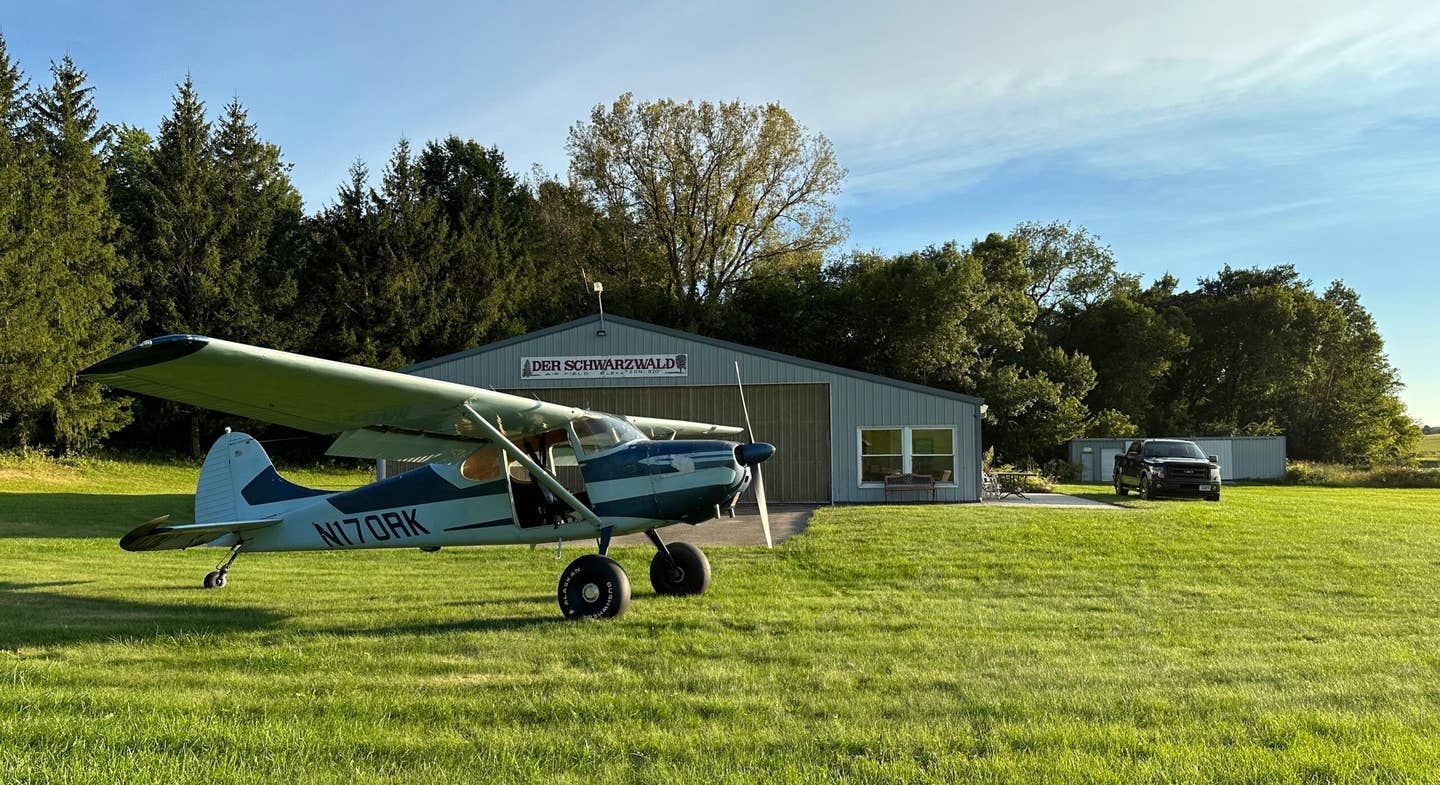
In part because of the design of modern airliners, air travel is safer than other forms of activity, according to the Flight Safety Foundation. Joshua Hanson/Unsplash
The Flight Safety Foundation (FSF) announced earlier this week, “The industry’s efforts have succeeded in greatly reducing the possibility of transmission [of COVID-19] in airports and on aircraft.” Based on a six-month analysis, the foundation said, “The traveling public should have increased confidence that it’s safe to fly.”
Dr. Hassan Shahidi, president and CEO of the Foundation said, “With the health and safety measures that airlines, airports and security personnel have now put in place, the risk of contracting this virus appears extraordinarily low, much lower than in other public places.” The foundation’s analysis of data from leading public health authorities, industry participants and its own expert medical consultants attributed the low incidence of COVID-19 in international air travel to robust cleaning and sanitization measures, as well as vigilance and strict adherence to rigorous social distancing guidance.
The FSF said modern passenger aircraft design played an important role in protecting the public from health risks of the coronavirus. Nearly all modern aircraft feature frequent cabin air changes and advanced high-efficiency particulate air (HEPA) filtering systems that can eliminate particles far smaller than the coronavirus. HEPA filters are the same technology used to keep operating rooms and industrial clean rooms safe.
But there’s more work to do. The Foundation said governments around the globe can have a considerable effect on future traveler outcomes if they will help replace “haphazard, restrictive international travel bans and blanket quarantines with better, smarter measures that are more uniform and focused on preventing spread of the virus through reliable testing.” Captain Conor Nolan, chairman of the Foundation’s Board of Governors and director of safety and security at Aer Lingus said, “We now have disjointed testing rules, indiscriminate bans, and confusing quarantine rules that discourage passengers from making travel plans. Governments and industry need to coalesce around universally accepted testing standards to identify and prevent the spread of the virus until we get a vaccine.”

Sign-up for newsletters & special offers!
Get the latest FLYING stories & special offers delivered directly to your inbox






